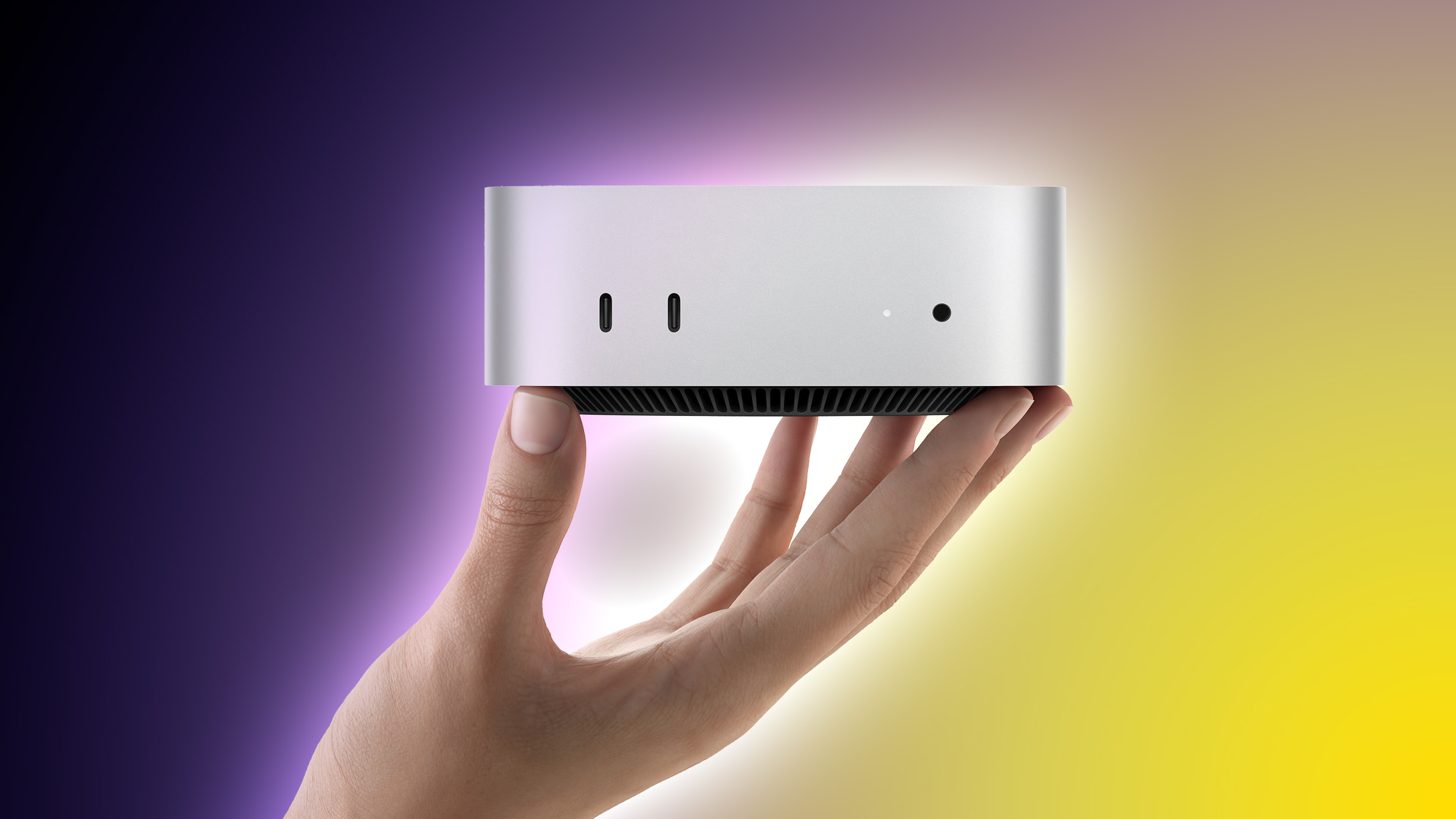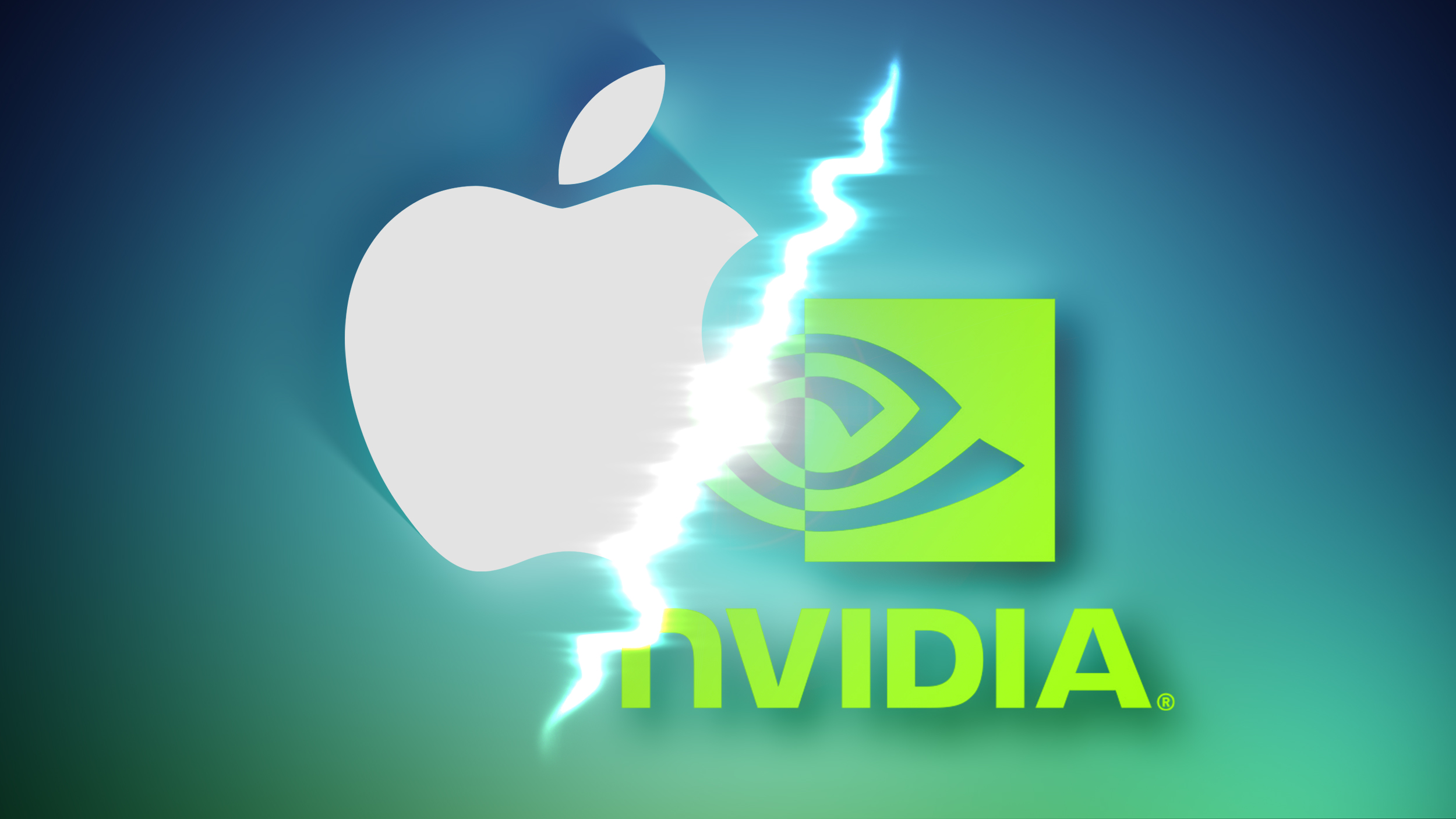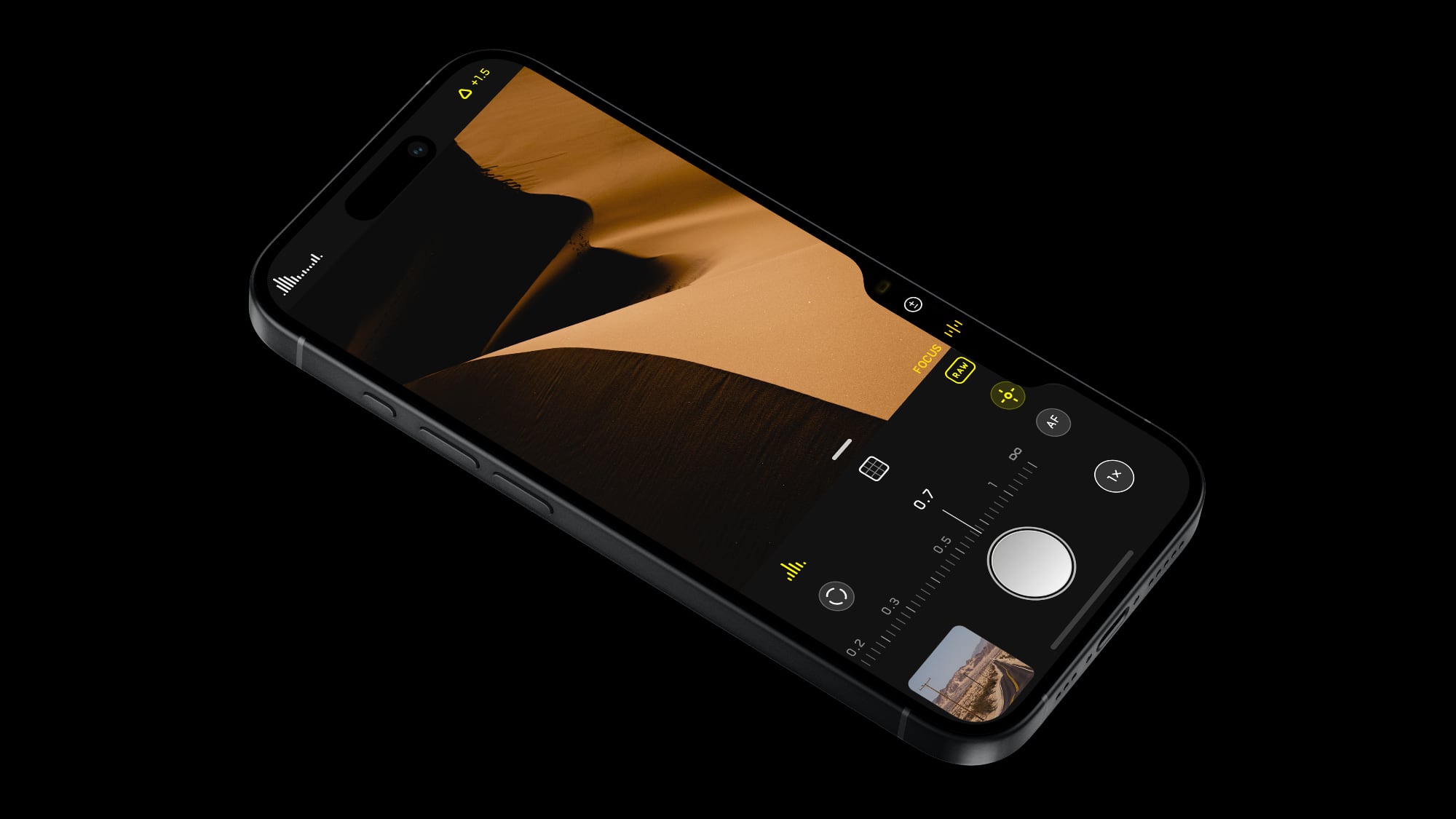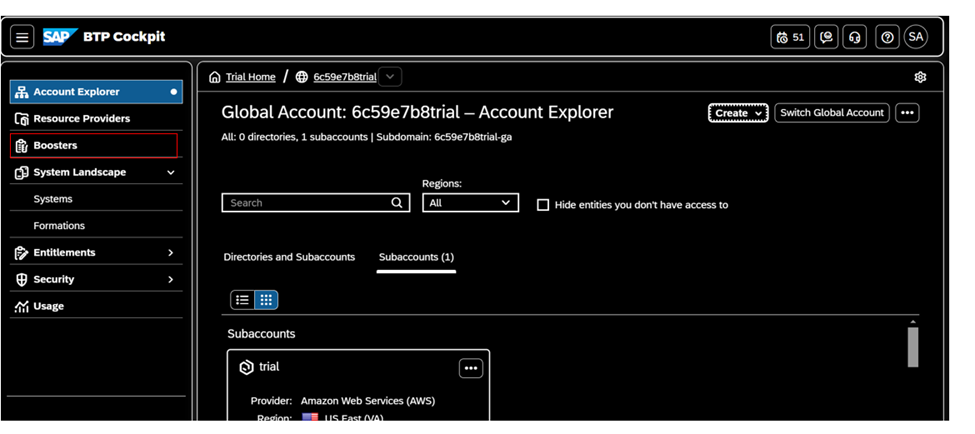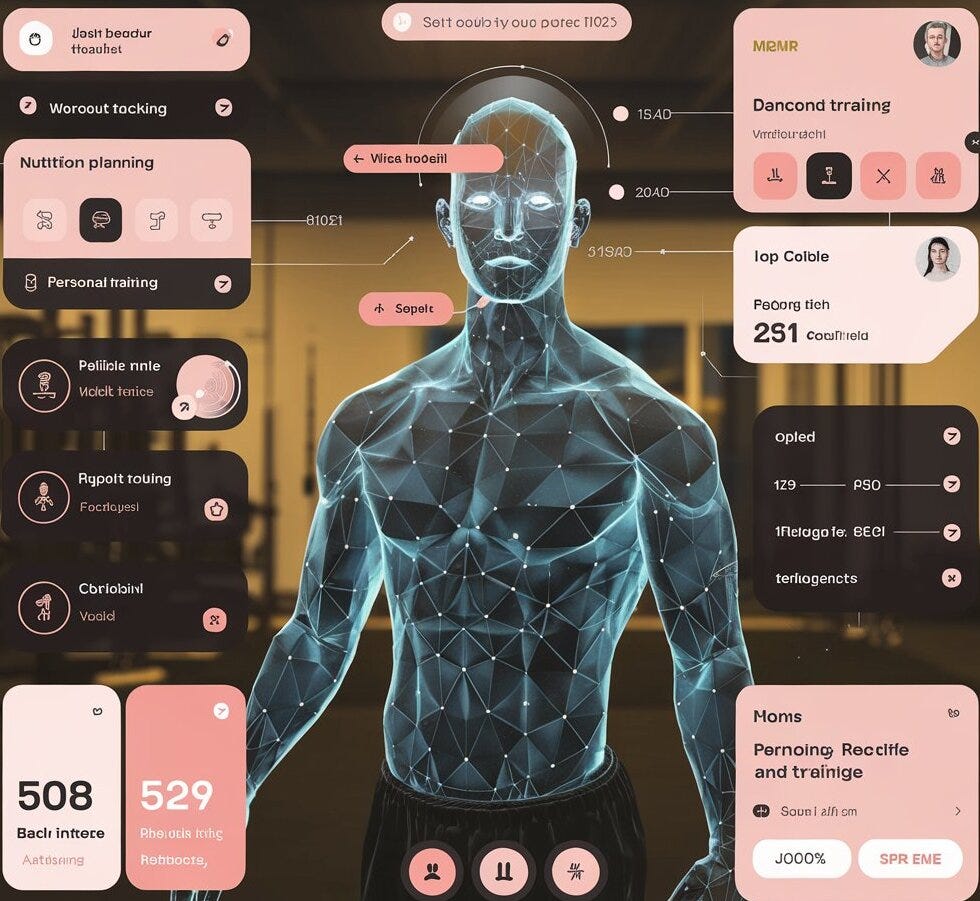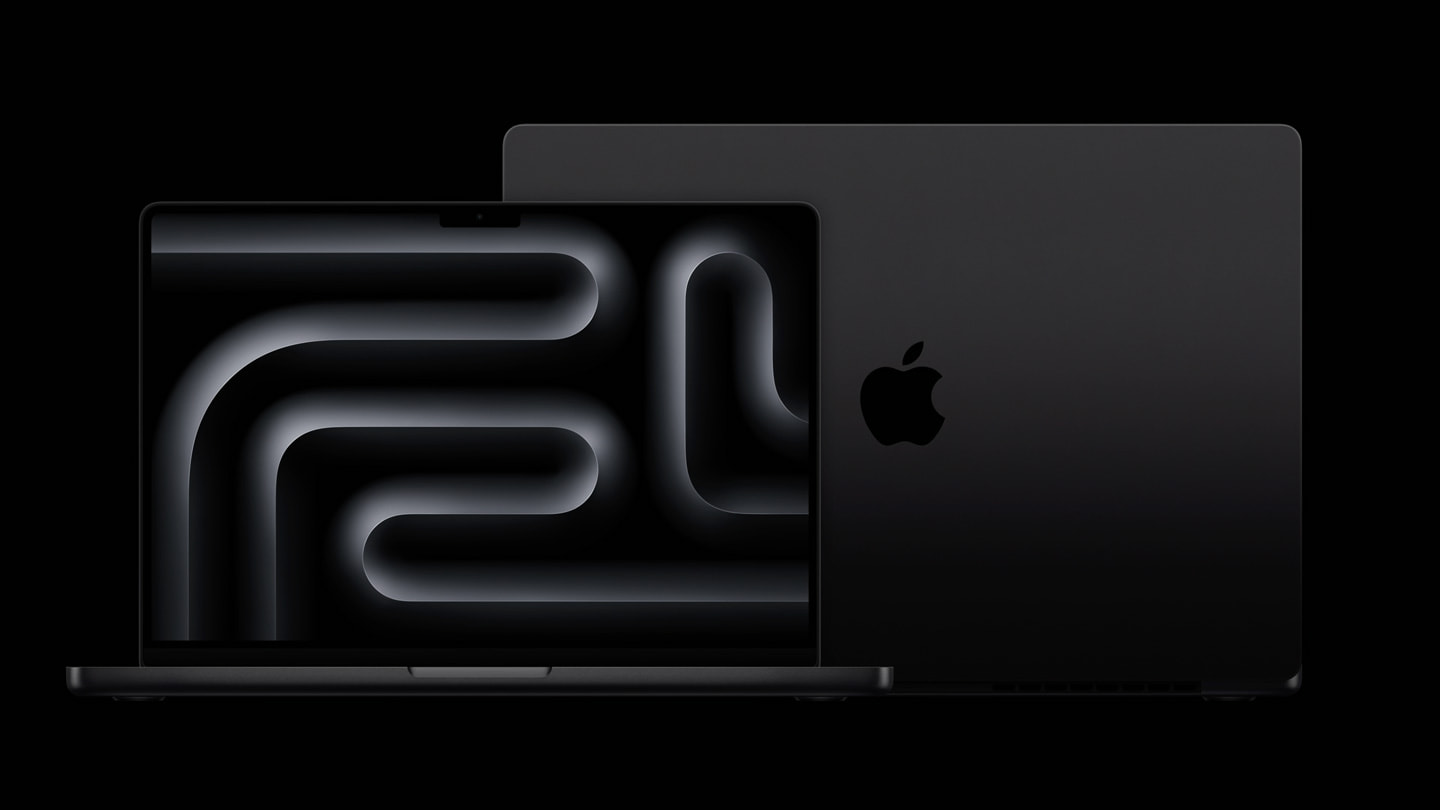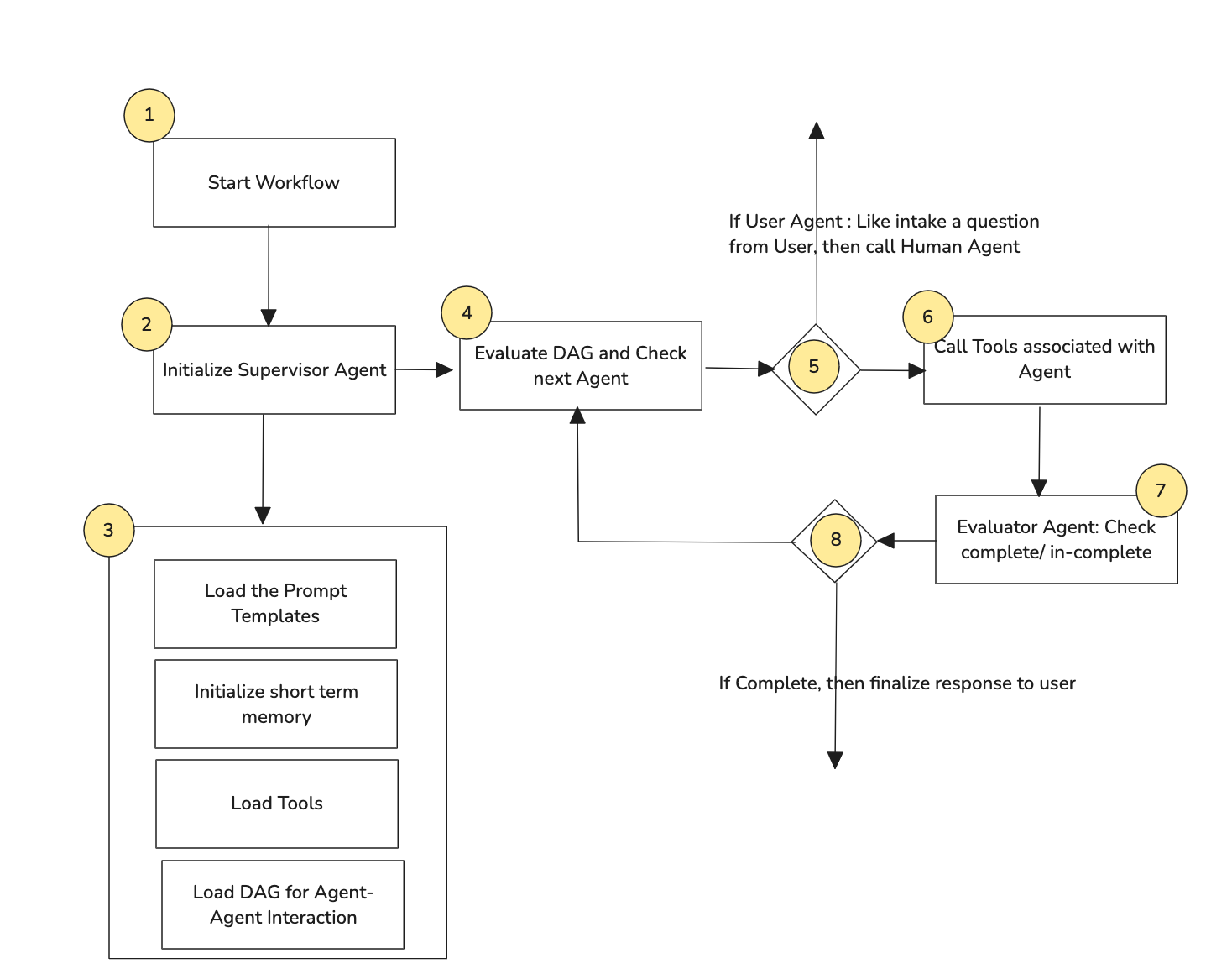In 2023, Apple updated the Mac Studio with the M2 Max and M2 Ultra chips. Apple has now refreshed the Mac mini with the M4 and M4 Pro chips, meaning that the Mac Studio faces a formidable competitor that offers “Pro” capabilities at a substantially lower price point.
There are now two desktop Macs and four Apple silicon chip options for users who do not need the expandability of the Mac Pro. The Mac Studio starts at $1,999, overshadowing the $599 starting price of the M4 Mac mini and even the $1,399 starting price of the M4 Pro Mac mini, so do you need the performance of the Mac Studio, or is the humble Mac mini sufficient for your needs? Our guide helps to answer the question of how to decide which of these two desktop Macs is best for you.
The Mac mini and the Mac Studio share some fundamental features, including a familiar, boxy silver aluminum design, two front-facing USB-C ports along with HDMI and ethernet on the rear, and Apple silicon chipsets. That being said, the two machines have much more in contrast than they do in common, including different chip options, memory capacities, ports, and external display support capabilities.
Mac mini (2024)
Mac Studio (2023)
M4 or M4 Pro chip (made with TSMC’s enhanced 3nm (N3E) process)
M2 Max or M2 Ultra chip (made with TSMC’s enhanced 5nm (N5P) process)
4.30 GHz maximum CPU clock speed
3.50 GHz maximum CPU clock speed
M4: 10-core CPU (4 performance cores + 6 efficiency cores)
M4 Pro: 12- or 14-core CPU (8 or 10 performance cores + 4 efficiency cores)
M2 Max: 12-core CPU (8 performance cores + 4 efficiency cores)
M2 Ultra: 24-core CPU (16 performance cores + 8 efficiency cores)
M4: 10-core GPU
M4 Pro: 16- or 20‑core GPU
M2 Max: 30- or 38-core GPU
M2 Ultra: 60‑ or 76-core GPU
Updated GPU architecture with improved efficiency
Hardware-accelerated ray-tracing
Dynamic caching
LPDDR5X memory
LPDDR5 memory
M4: 120GB/s memory bandwidth
M4 Pro: 273GB/s memory bandwidth
M2 Max: 400GB/s memory bandwidth
M2 Ultra: 800GB/s memory bandwidth
M4: 16GB, 24GB, or 32GB unified memory
M4 Pro: 24GB, 48GB, or 64GB unified memory
M2 Max: 32GB, 64GB, or 96GB unified memory
M2 Ultra: 64GB, 128GB, or 192GB unified memory
M4: 256GB, 512GB, 1TB, or 2TB storage
M4 Pro: 512GB, 1TB, 2TB, 4TB, or 8TB storage
M2 Max: 512GB, 1TB, 2TB, 4TB, or 8TB storage
M2 Ultra: 1TB, 2TB, 4TB, or 8TB storage
16-core Neural Engine, 38 trillion operations per second
M2 Max: 16-core Neural Engine, 15.8 trillion operations per second
M2 Ultra: 32-core Neural Engine, 31.6 trillion operations per second
Video decode engine, video encode engine, and ProRes encode and decode engine
M2 Max: Video decode engine, two video encode engines, and two ProRes encode and decode engines
M2 Ultra: Two video decode engines, four video encode engines, and four ProRes encode and decode engines
AV1 decode
Dedicated display engine
Support for up to three external displays
M2 Max: Support for up to five external displays
M2 Ultra: Support for up to eight external displays
M4: Three rear Thunderbolt 4 ports
M4 Pro: Three rear Thunderbolt 5 ports
Four rear Thunderbolt 4 ports
Two front USB-C ports
M2 Max: Two front USB-C ports
M2 Ultra: Two front Thunderbolt 4 ports
Two rear USB-A ports
Gigabit Ethernet or 10Gb Ethernet port
10Gb Ethernet port
SDXC card slot (UHS-II)
Bottom power button
Rear power button
M4: Starts at $599
M4 Pro: Starts at $1,399
M2 Max: Starts at $1,999
M2 Ultra: Starts at $3,999
Following the Mac mini’s redesign this year, the dimensions of the two devices are now radically different, with the Mac Studio dwarfing the Mac mini in every way.
Mac mini
Mac Studio
Height
2.0 inches (5.0 cm)
3.7 inches (9.5 cm)
Width
5.0 inches (12.7 cm)
7.7 inches (19.7 cm)
Depth
5.0 inches (12.7 cm)
7.7 inches (19.7 cm)
Weight
M4: 1.5 pounds (0.67 kg)
M4 Pro: 1.6 pounds (0.73 kg)
M2 Max: 5.9 pounds (2.7 kg)
M2 Ultra: 7.9 pounds (3.6 kg)
To some extent, purchasing decisions should be driven by budget, but it is worth bearing in mind that any savings on the desktop computer itself can be put toward a good external display such as Apple’s Studio Display, which starts from $1,599. For example, an M4 Pro Mac mini paired with a Studio Display comes to $2,898, which is just $899 more than a lone base model Mac Studio and $1,101 less than the M2 Ultra Mac Studio with no display.
You should only consider the Mac Studio if you have a professional workflow that can leverage the extreme power of the M2 Max or M2 Ultra, as well as its additional ports and memory options. If you need the Mac Studio, you will likely know that you are looking for a highly powerful machine that is capable of supporting specific intense workflows. Most customers should choose the M4 Pro Mac mini over the M2 Max Mac Studio, saving $700 when looking at the base models. There will likely still be substantial savings when it comes to custom configurations.
The Mac mini is also a better choice for most users at the current time since its chip technology is two generations ahead of the Mac Studio, offering higher clock speeds, much faster single-core performance, a redesigned GPU architecture, AV1 decode, a markedly more powerful Neural Engine, and more. As a result, those looking to buy an M2 Max Mac Studio may be better served by the M4 Pro Mac mini. Those who can take advantage of the performance of the M2 Ultra Mac Studio may still be better off with that high-end machine.
This article, “Mac Mini vs. Mac Studio Buyer’s Guide: 25+ Differences Compared” first appeared on MacRumors.com
Discuss this article in our forums
In 2023, Apple updated the Mac Studio with the M2 Max and M2 Ultra chips. Apple has now refreshed the Mac mini with the M4 and M4 Pro chips, meaning that the Mac Studio faces a formidable competitor that offers “Pro” capabilities at a substantially lower price point.
There are now two desktop Macs and four Apple silicon chip options for users who do not need the expandability of the Mac Pro. The Mac Studio starts at $1,999, overshadowing the $599 starting price of the M4 Mac mini and even the $1,399 starting price of the M4 Pro Mac mini, so do you need the performance of the Mac Studio, or is the humble Mac mini sufficient for your needs? Our guide helps to answer the question of how to decide which of these two desktop Macs is best for you.
The Mac mini and the Mac Studio share some fundamental features, including a familiar, boxy silver aluminum design, two front-facing USB-C ports along with HDMI and ethernet on the rear, and Apple silicon chipsets. That being said, the two machines have much more in contrast than they do in common, including different chip options, memory capacities, ports, and external display support capabilities.
Mac mini (2024)
Mac Studio (2023)
M4 or M4 Pro chip (made with TSMC’s enhanced 3nm (N3E) process)
M2 Max or M2 Ultra chip (made with TSMC’s enhanced 5nm (N5P) process)
4.30 GHz maximum CPU clock speed
3.50 GHz maximum CPU clock speed
M4: 10-core CPU (4 performance cores + 6 efficiency cores)
M4 Pro: 12- or 14-core CPU (8 or 10 performance cores + 4 efficiency cores)
M2 Max: 12-core CPU (8 performance cores + 4 efficiency cores)
M2 Ultra: 24-core CPU (16 performance cores + 8 efficiency cores)
M4: 10-core GPU
M4 Pro: 16- or 20‑core GPU
M2 Max: 30- or 38-core GPU
M2 Ultra: 60‑ or 76-core GPU
Updated GPU architecture with improved efficiency
Hardware-accelerated ray-tracing
Dynamic caching
LPDDR5X memory
LPDDR5 memory
M4: 120GB/s memory bandwidth
M4 Pro: 273GB/s memory bandwidth
M2 Max: 400GB/s memory bandwidth
M2 Ultra: 800GB/s memory bandwidth
M4: 16GB, 24GB, or 32GB unified memory
M4 Pro: 24GB, 48GB, or 64GB unified memory
M2 Max: 32GB, 64GB, or 96GB unified memory
M2 Ultra: 64GB, 128GB, or 192GB unified memory
M4: 256GB, 512GB, 1TB, or 2TB storage
M4 Pro: 512GB, 1TB, 2TB, 4TB, or 8TB storage
M2 Max: 512GB, 1TB, 2TB, 4TB, or 8TB storage
M2 Ultra: 1TB, 2TB, 4TB, or 8TB storage
16-core Neural Engine, 38 trillion operations per second
M2 Max: 16-core Neural Engine, 15.8 trillion operations per second
M2 Ultra: 32-core Neural Engine, 31.6 trillion operations per second
Video decode engine, video encode engine, and ProRes encode and decode engine
M2 Max: Video decode engine, two video encode engines, and two ProRes encode and decode engines
M2 Ultra: Two video decode engines, four video encode engines, and four ProRes encode and decode engines
AV1 decode
Dedicated display engine
Support for up to three external displays
M2 Max: Support for up to five external displays
M2 Ultra: Support for up to eight external displays
M4: Three rear Thunderbolt 4 ports
M4 Pro: Three rear Thunderbolt 5 ports
Four rear Thunderbolt 4 ports
Two front USB-C ports
M2 Max: Two front USB-C ports
M2 Ultra: Two front Thunderbolt 4 ports
Two rear USB-A ports
Gigabit Ethernet or 10Gb Ethernet port
10Gb Ethernet port
SDXC card slot (UHS-II)
Bottom power button
Rear power button
M4: Starts at $599
M4 Pro: Starts at $1,399
M2 Max: Starts at $1,999
M2 Ultra: Starts at $3,999
Following the Mac mini’s redesign this year, the dimensions of the two devices are now radically different, with the Mac Studio dwarfing the Mac mini in every way.
Mac mini
Mac Studio
Height
2.0 inches (5.0 cm)
3.7 inches (9.5 cm)
Width
5.0 inches (12.7 cm)
7.7 inches (19.7 cm)
Depth
5.0 inches (12.7 cm)
7.7 inches (19.7 cm)
Weight
M4: 1.5 pounds (0.67 kg)
M4 Pro: 1.6 pounds (0.73 kg)
M2 Max: 5.9 pounds (2.7 kg)
M2 Ultra: 7.9 pounds (3.6 kg)
To some extent, purchasing decisions should be driven by budget, but it is worth bearing in mind that any savings on the desktop computer itself can be put toward a good external display such as Apple’s Studio Display, which starts from $1,599. For example, an M4 Pro Mac mini paired with a Studio Display comes to $2,898, which is just $899 more than a lone base model Mac Studio and $1,101 less than the M2 Ultra Mac Studio with no display.
You should only consider the Mac Studio if you have a professional workflow that can leverage the extreme power of the M2 Max or M2 Ultra, as well as its additional ports and memory options. If you need the Mac Studio, you will likely know that you are looking for a highly powerful machine that is capable of supporting specific intense workflows. Most customers should choose the M4 Pro Mac mini over the M2 Max Mac Studio, saving $700 when looking at the base models. There will likely still be substantial savings when it comes to custom configurations.
The Mac mini is also a better choice for most users at the current time since its chip technology is two generations ahead of the Mac Studio, offering higher clock speeds, much faster single-core performance, a redesigned GPU architecture, AV1 decode, a markedly more powerful Neural Engine, and more. As a result, those looking to buy an M2 Max Mac Studio may be better served by the M4 Pro Mac mini. Those who can take advantage of the performance of the M2 Ultra Mac Studio may still be better off with that high-end machine.Related Roundups: Mac Studio, Mac miniTags: M2, M4 Mac mini, M4 MacsBuyer’s Guide: Mac Studio (Caution), Mac Mini (Buy Now)Related Forums: Mac Studio, Mac miniThis article, “Mac Mini vs. Mac Studio Buyer’s Guide: 25+ Differences Compared” first appeared on MacRumors.comDiscuss this article in our forums Read More MacRumors: Mac News and Rumors – All Stories
#Techno #PCWorld




